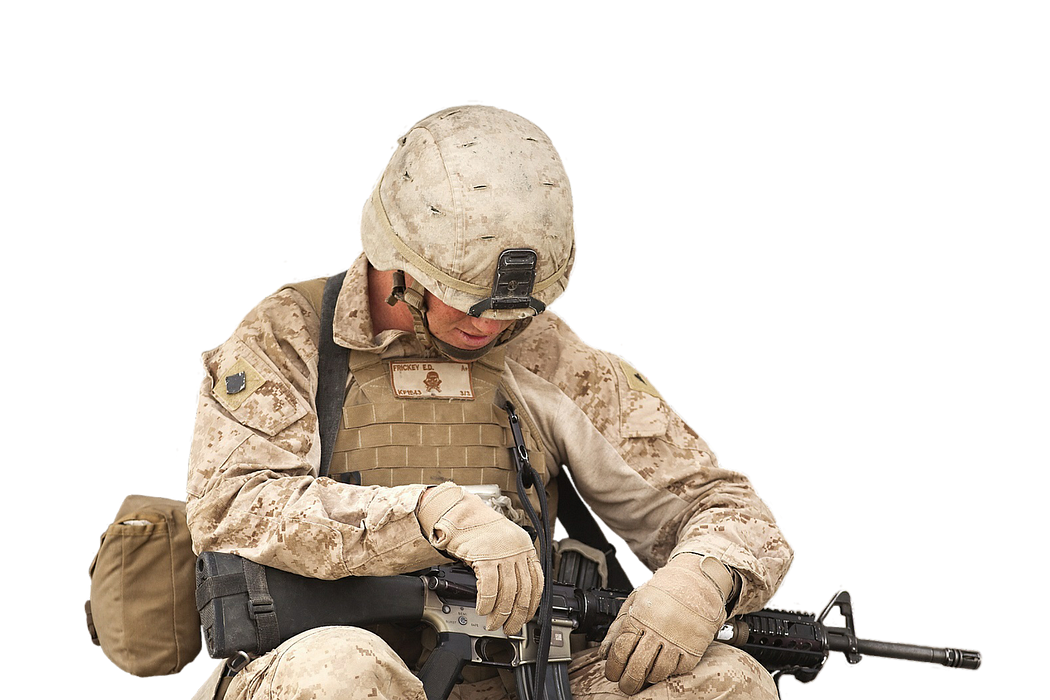Stolen Truth
By
Henya Drescher
My novel, Stolen Truth, will be published on March 18, 2021,
by Black Rose Writing.
The writing process was a time-travel adventure. The pace of
my journey was slow and fraught, with many difficulties. At times, it seemed as
if I had a more fulfilling relationship with my characters than with life
itself. And beyond that, trying to pull off the perfect, satisfying twists that
should look seamless. But I learned the hard way. In one draft, I introduced several
scenes just for the sake of bringing in incidents that meandered nowhere. My
editor politely asked why they existed. What would happen if we just deleted them?
The answer was ‘nothing.’ It had zero effect on the plot other than lazy,
gimmicky devices.
Stolen Truth captures the fraught frustrations of Bree, who
may or may not have been the mother of a kidnapped newborn, as she plunges into
her quest, facing many internal and external uncertainties. Bree bears the
history of being a troubled woman, yet she is passionately determined. The
complexities of her character drive the story through accumulating dead ends
and detours.
To those of you who shared in my journey, please accept my sincere
thanks for believing in me.





